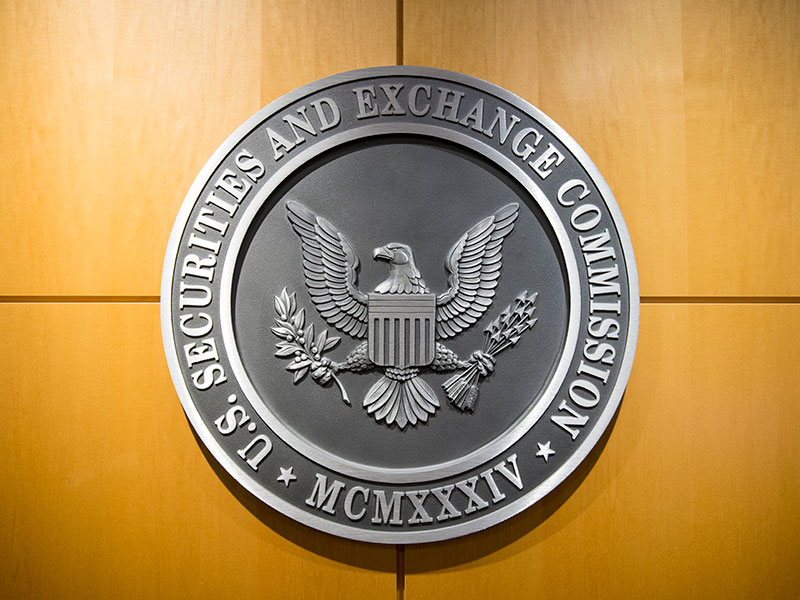Jumio founder agrees $17.4m settlement amid SEC fraud claims
Daniel Mattes, the founder of mobile payments firm Jumio, has agreed a settlement with the US Securities and Exchange Commission after being accused of inflating company revenues and illegitimately selling shares

Under the terms of his settlement with the US Securities and Exchange Commission, Jumio founder Daniel Mattes is permanently barred from serving on the board of a publicly traded company in the US
The founder and former CEO of mobile payments start-up Jumio will pay $17.4m to the US Securities and Exchange Commission (SEC) to settle claims that he defrauded investors in order to boost his own wealth, the regulator said on April 3.
Daniel Mattes has been accused of exaggerating Jumio’s revenue by a factor of 10 between 2013 and 2014 in order to drive investor interest in the Silicon-Valley-based start-up. Mattes reportedly made $14.6m by privately selling shares between April 2014 and January 2015, funds which he hid from Jumio directors. He is also accused of falsely informing the company’s lawyers that the directors had approved the sale of the shares.
According to the SEC’s filing, Mattes told investors that he was not selling his own shares because there was “lots of great stuff coming up” and “he’d be stupid to sell at this point”. Jumio was forced to restate its financial results in 2015, wiping out most of its revenue. Shares in the company became worthless after it filed for bankruptcy in 2016.
Daniel Mattes has been accused of exaggerating Jumio’s revenue by a factor of 10 in order to drive investor interest in the Silicon-Valley-based start-up
“Mattes enriched himself at investors’ expense by making false claims about Jumio’s financial results,” said Erin Schneider, Associate Regional Director for the SEC’s San Francisco office. “Company executives must provide investors with accurate information irrespective of whether their companies are publicly or privately traded.”
Under the terms of the settlement, Mattes is permanently barred from serving on the board of a publicly traded company in the US. He will now pay over $16m in disgorgement fees, along with a $640,000 penalty, subject to court approval.
The SEC also settled in a separate case with former Jumio CFO Chad Starkey, after accusing him of “failing to exercise reasonable care concerning Jumio’s financial statements”. Starkey will pay approximately $420,000 in disgorgement fees. Starkey and Mattes neither admitted to nor denied the SEC’s claims.
In the past, the US regulator has principally concerned itself with offences relating to public companies. Over the past few months, however, it has taken a number of private firms to task for fraud. In February, for example, it charged two former executives of Lucent Polymers with defrauding customers, alleging that the entire business model was based on falsified claims.
In a statement to Plastic News, Kevin Tierney, attorney to former Lucent Polymers CEO Kevin Kuhnash, said it would be “premature to make a comment [on the SEC’s allegations] at this time”, while the company’s former COO, Jason Jimerson, was unavailable for comment.
Through this change in approach, the SEC is sending a powerful message that no business – private or public – is immune from regulatory scrutiny.













